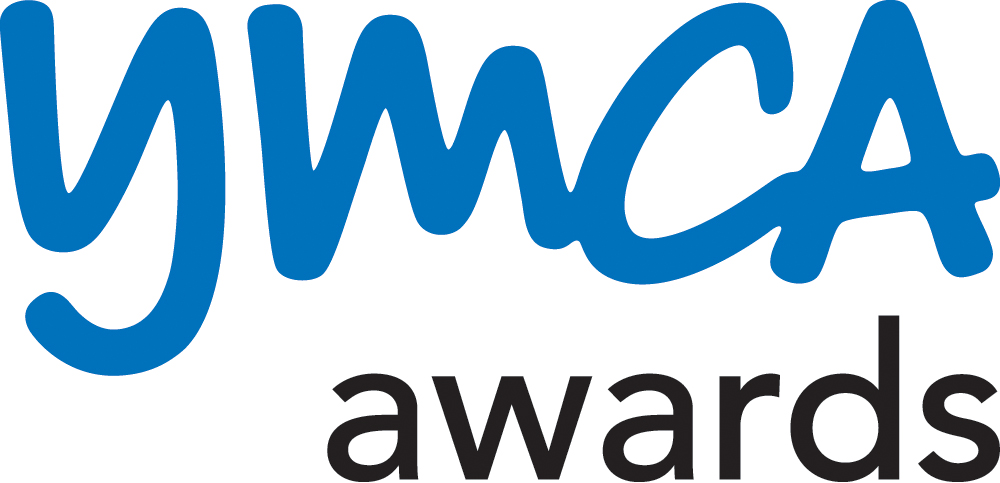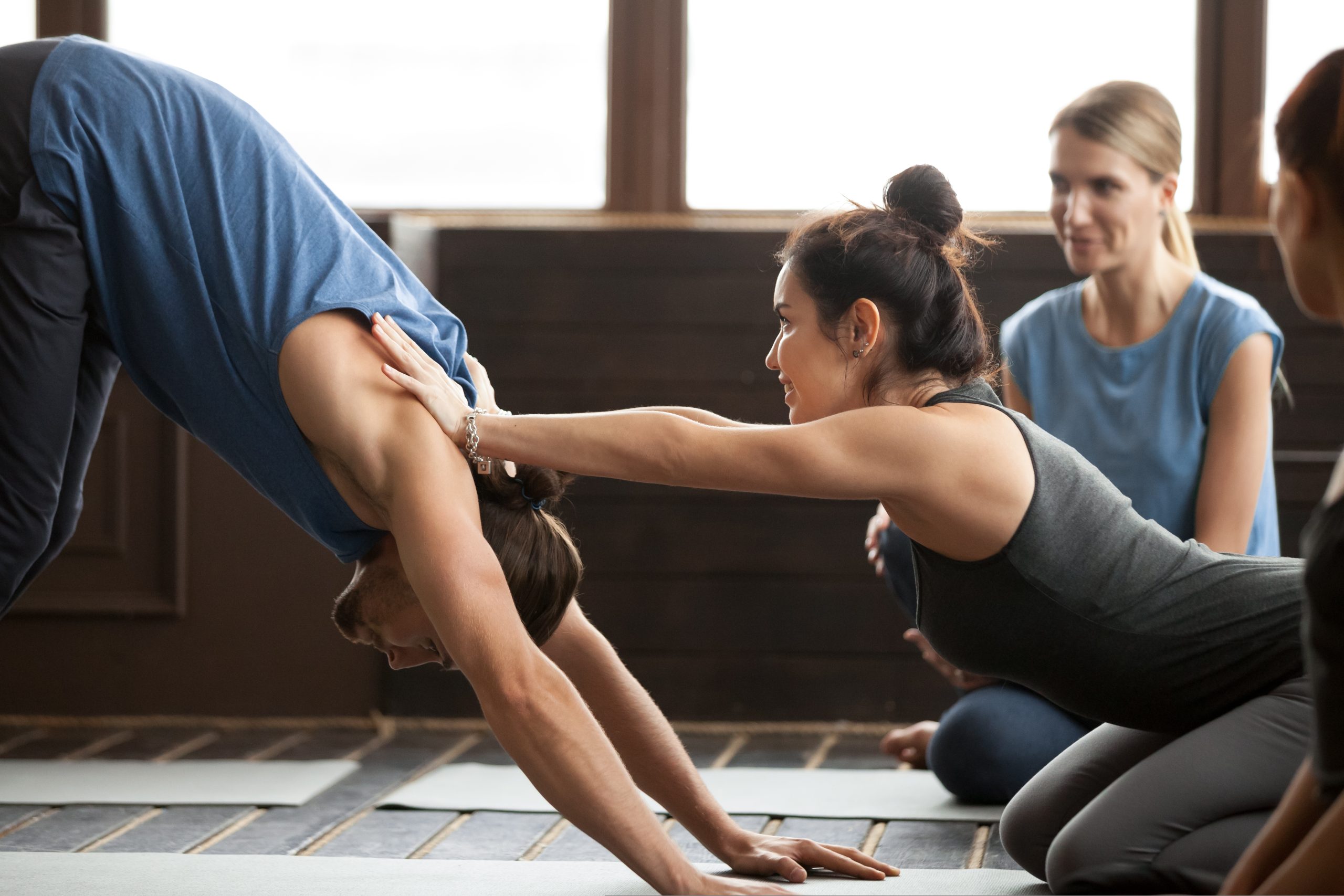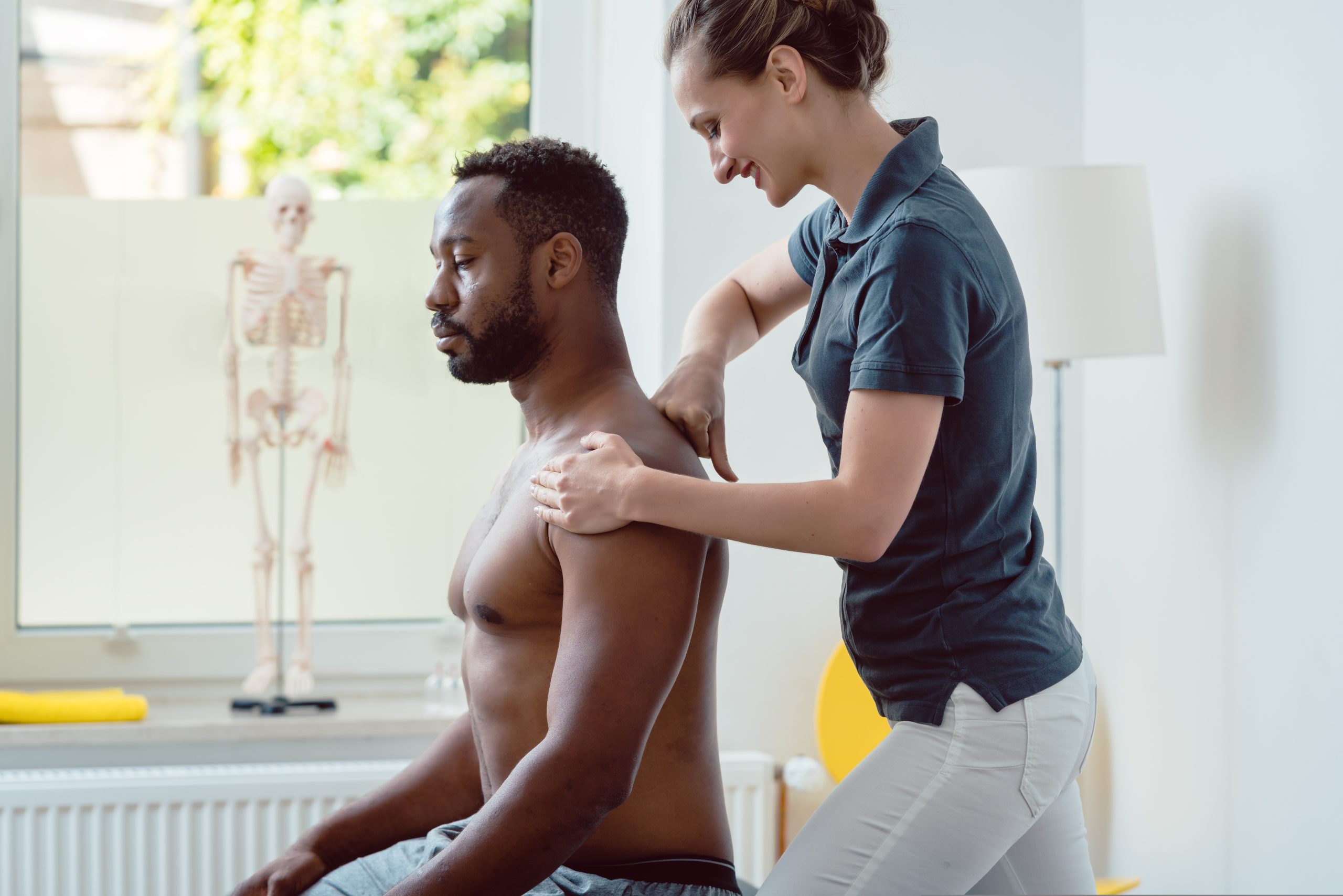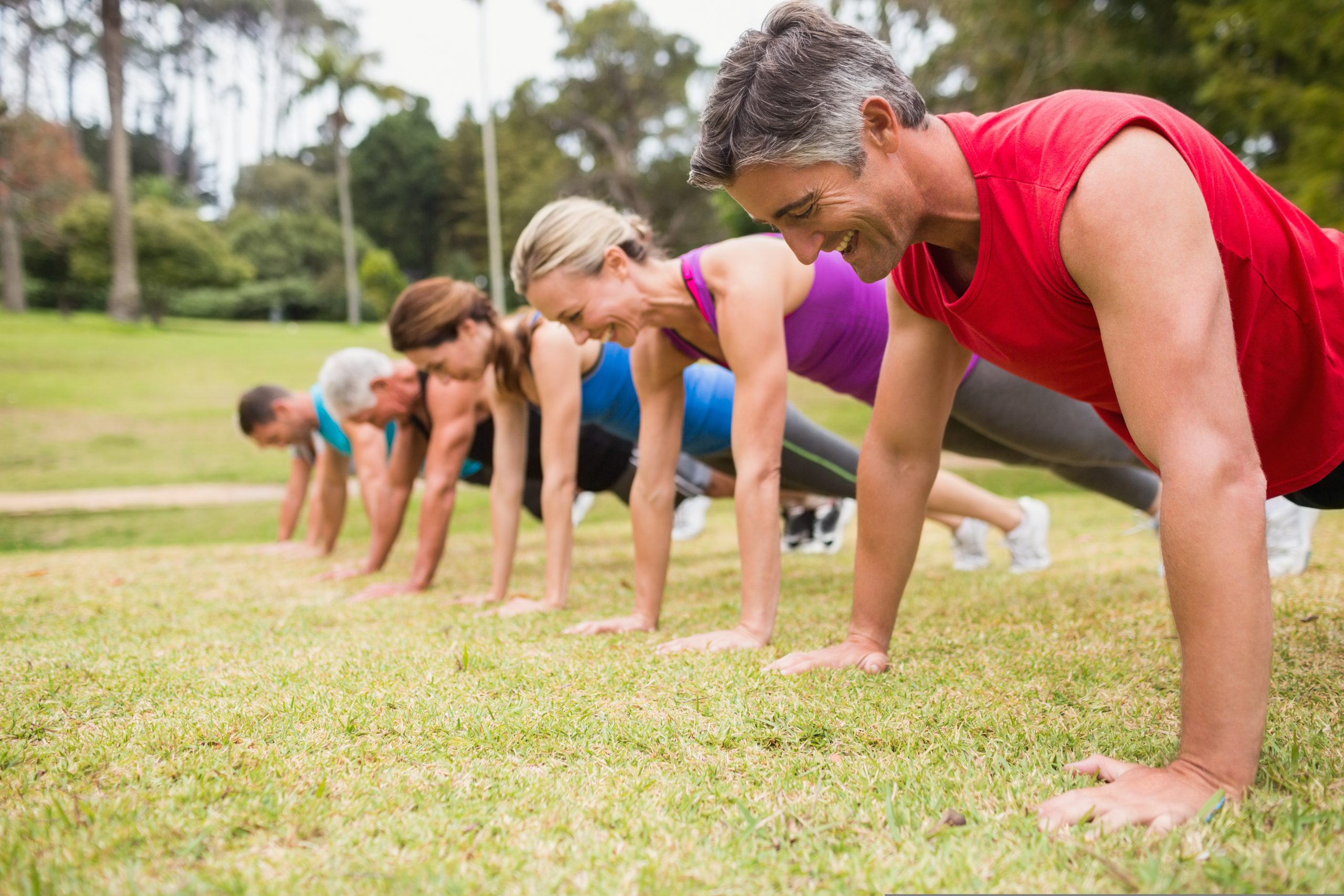What we offer
Our range of qualifications, end-point assessments and endorsed CPD products are designed to support learners to get ahead.

0
Qualifications Developed

0+
Learners Supported

0+
Certificates issued
Understanding size and level
Our qualifications and end-point assessments have a difficulty level. The higher the level, the more difficult the qualification/apprenticeship is.
Qualifications at the same level sometimes cover different amounts of the same subject. The size of the qualification (the amount of content covered) is indicated in the qualification title (Award/Certificate/Diploma) and in the Guided Learning Hours (GLH) and Total Qualification Time (TQT) values.
What are levels?
Our qualifications and end-point assessments are assigned a level to help you judge their difficulty. The higher the level is, the more challenging the qualification will be to achieve.
The descriptions below explain how levels relate to jobs in the fitness industry and include examples of other qualifications designed to target the same level of ability.
Overview of levels
Level 1
Level 2
Level 3
Level 4
Assistant Fitness Instructor
Targets same level of ability as GCSE grades 3-1/D-G
Qualifications at this level introduce the health and fitness industry and allow learners to apply basic exercise and fitness knowledge.
Fitness Instructor
Targets same level of ability as GCSE grades 9-4/A*-C
Qualifications at this level often allow learners to qualify as a fitness professional and gain access to CIMSPA membership.
Advanced Fitness Instructor/Personal Trainer
Targets same level of ability as AS and A levels
Qualifications at this level build on level 2 knowledge allowing learners to work with diverse client populations and in a wider range of environments.
Specialist Fitness Instructor
Targets same level of ability as a Higher National Certificate
Qualifications at this level allow learners to expand their knowledge of programme design and delivery, to adapt exercise for high-risk specialist populations.
What are qualification sizes, GLH and TQT?
Our qualifications come in three sizes:
We assign our qualifications a size based on total amount of time – measured in hours – that we expect the average learner to need to complete all required learning and assessment to the expected standard. Total Qualification Time (TQT) is made up of the hours we expect the average learner to spend:





